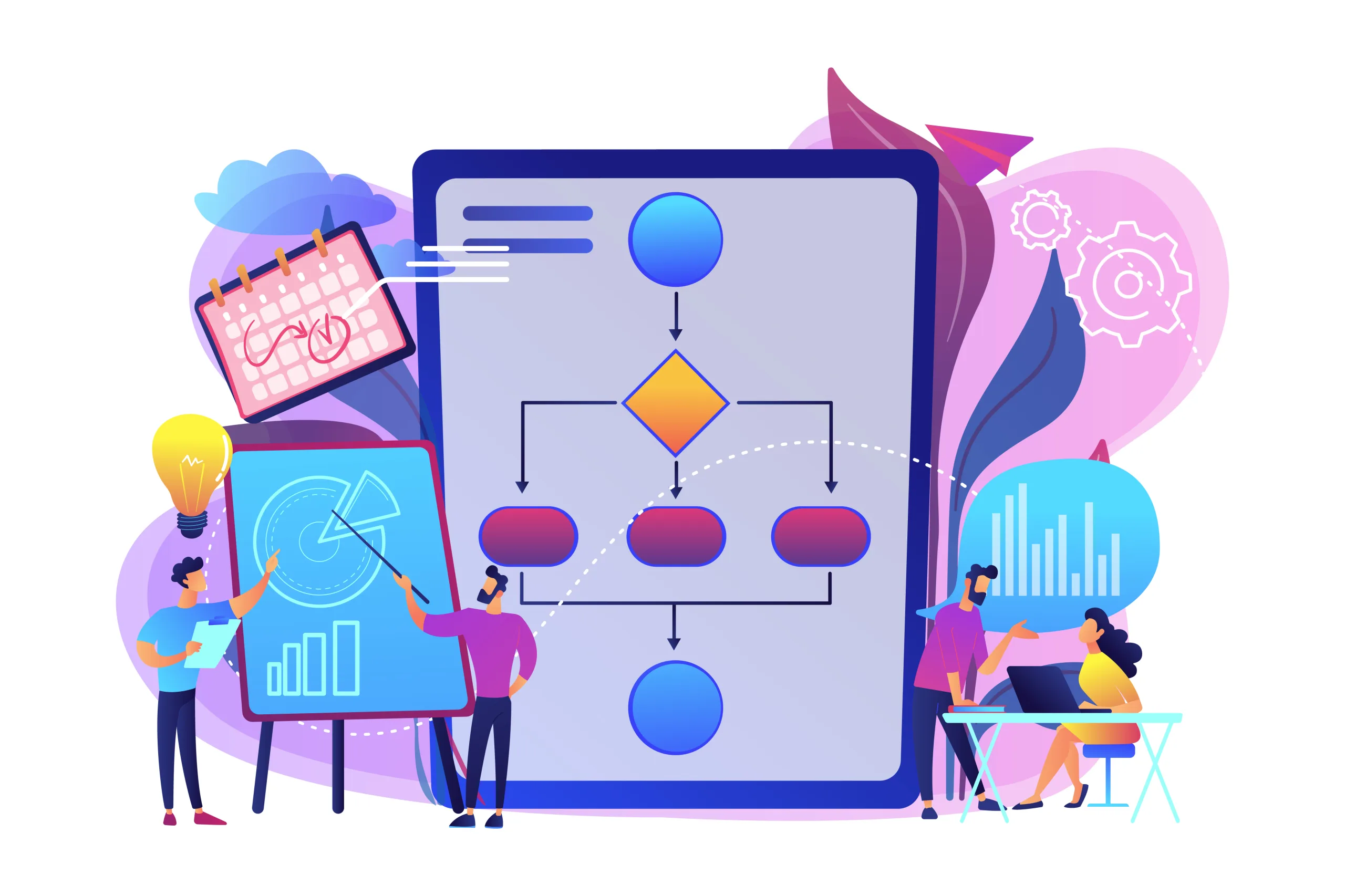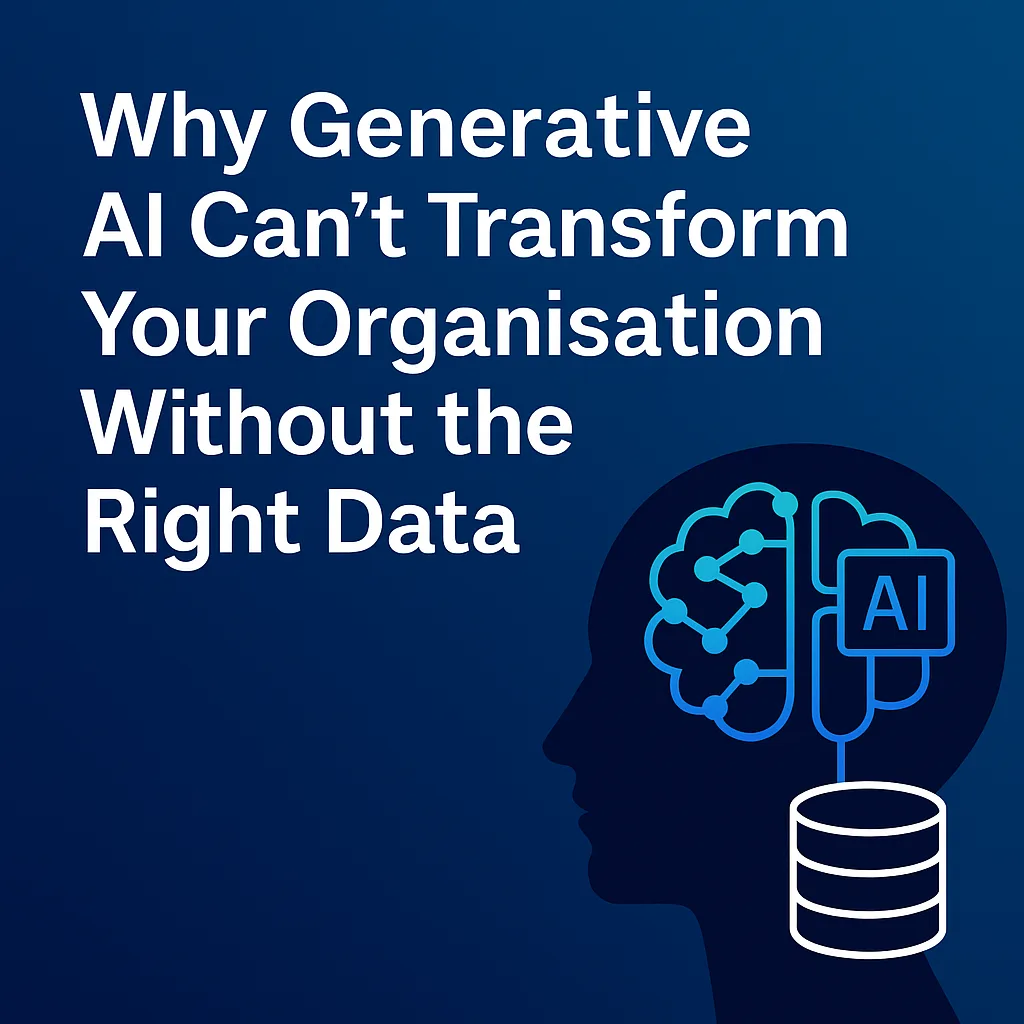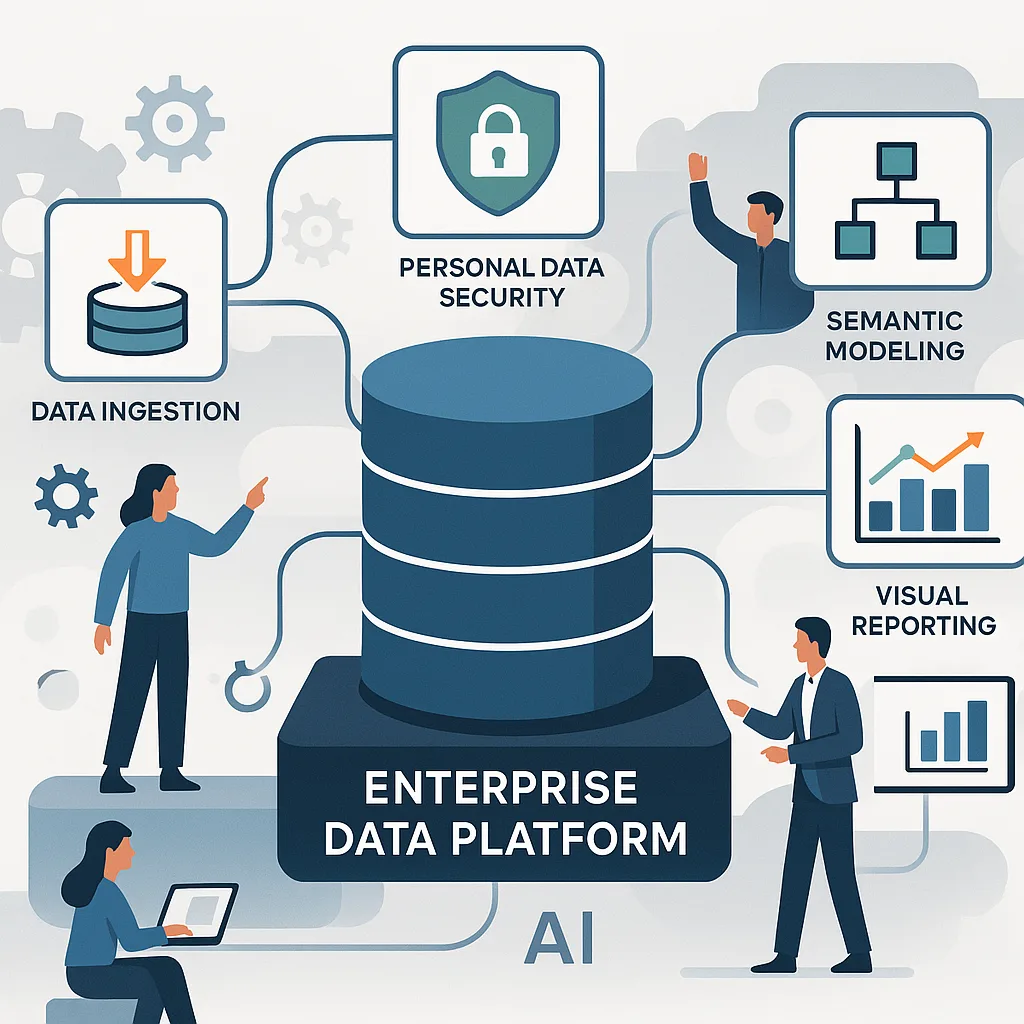In his last blog, Tim describes some of the challenges Public-Sector organisations encounter when trying to get more from their data. Many of the Local Authorities we speak to each month don’t have a full appreciation of how valuable their data really is, and more importantly, how valuable the insights can be that are generated from quality analytics.
When we conduct a Corporate Business Intelligence Review, one of our activities is to uncover all the ‘data doers’ within the organisation. Not as easy as you might think!
An average Local Authority employs in excess of 40 individuals to ‘do things’ with data, and probably 3 or 4 times this number who have data related activities as a significant part of their day job. Data officers, analysts, performance managers, researchers, management information report developers, accountants, auditors… how many can you think of across your organisation? And how many are turning data into genuine insight?
 Extracting data from source systems, downloading excel spreadsheets from government websites, and copy/pasting tables of data into reports consumes a massive amount of time and effort, but in my experience, only goes as far as keeping the wheels turning.
Extracting data from source systems, downloading excel spreadsheets from government websites, and copy/pasting tables of data into reports consumes a massive amount of time and effort, but in my experience, only goes as far as keeping the wheels turning.
Statutory returns are submitted on time, service heads know how many clients they are working with, and the senior leadership team know how the population of the borough or county is rising.
But does the data go any deeper?
In 2018, information is expected to be at the touch of a button, as much as checking an app for the latest train times or asking Siri for the weekly weather forecast. Our expectation of data is increasing exponentially, not just in terms of how it moves throughout an organisation (see posts from our Principal Consultant Paul Kearsey for more on that) but what it can tell us about pressures, demands, risks and opportunities.
As a result, the expectations of data analysts within Local Authorities has shifted considerably. Senior leaders and team managers have complex questions that have the potential to be answered with data, but the individuals employed within your organisation to extract and shape this data aren’t often true data analysts.
Asking the same questions to the same teams repeatedly isn’t going to get you the answers you need… just as much as new data tools alone aren’t going to generate new insights.
Without an investment in the people and processes that enable true analytics, you’ll struggle to even get close to becoming data-driven as an organisation.

It’s not new data that’s required but a new way of looking at it. This needs skilled, analytical eyes and the right digital tools to turn data in to actionable insights.
When I describe analytics, I’m not just referring to predictive analytics and tools such as machine learning. Good analytics start with the ‘foundations’; presenting and interpreting quality data to describe and diagnose your business processes and priorities.
Let’s consider Adult Social Care for a moment… strategic descriptive and diagnostic analytics can tell us:
- Profiling – how many adults touch our services, who are they, and how is this changing over time?
- Demand and Forecasts – when and where is demand highest and what are the factors that contribute to this?
- Risk Factors – How can these risk factors inform commissioning decisions, and opportunities for transformational upstream prevention and early help services?
- Efficiencies and Outcomes – which teams support people most efficiently through the service and where are the opportunities for performance improvement?
- Cost – What are the true unit costs of providing care, by support reason and provider either internal or external?
 These questions can all be answered from data any Local Authority already holds; but can you get your hands on the data and do you have the capability to securely transform it into analytical insights that are delivered to the right people as and when they need it, not months later?
These questions can all be answered from data any Local Authority already holds; but can you get your hands on the data and do you have the capability to securely transform it into analytical insights that are delivered to the right people as and when they need it, not months later?
Our team of analytical consultants are currently working with numerous Local Authorities and other Public Sector organisations (including NHS England and Central Government departments) that have recognised the need to address these issues.
Working collaboratively and aligned to an all-encompassing data strategy, we are supporting each organisation to understand real analytics.
More importantly though we are rapidly helping these organisations deliver the analytics they need to develop a complete, shared understanding of where they are today, where they need to improve, alter and even transform themselves and the essential services they are accountable for in the places and communities they serve.



